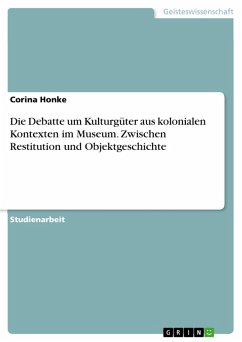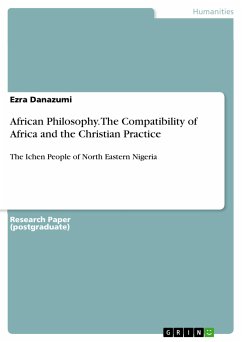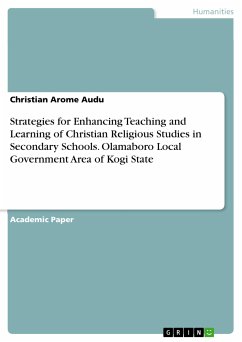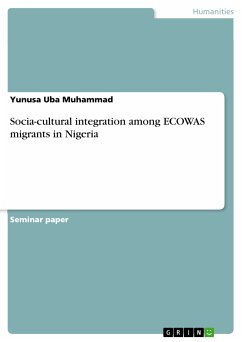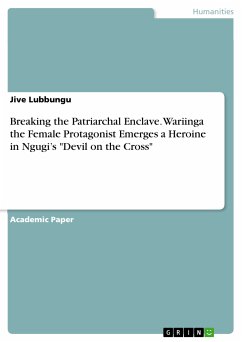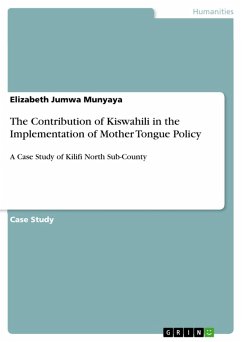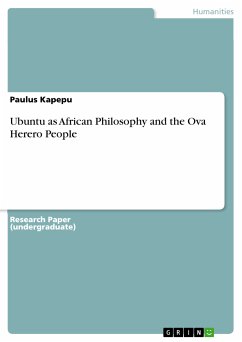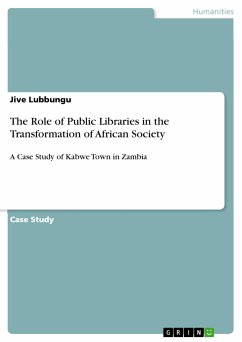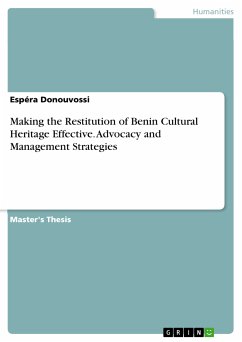
Making the Restitution of Benin Cultural Heritage Effective. Advocacy and Management Strategies (eBook, PDF)

PAYBACK Punkte
0 °P sammeln!
Master's Thesis from the year 2018 in the subject African Studies - Culture and Applied Geography, grade: 10, University of Lyon 2 (Institut de la Communication), course: Cultural Policy and Management, language: English, abstract: The thesis is developed in line with the current debates surrounding the demand of restitution of cultural property by the Republic of Benin to France. The goal is then to explore the circumstances in which the claimed artifacts were taken from Benin and the ethical concerns of looting a country's cultural heritage. What are the cultural consequences of colonializat...
Master's Thesis from the year 2018 in the subject African Studies - Culture and Applied Geography, grade: 10, University of Lyon 2 (Institut de la Communication), course: Cultural Policy and Management, language: English, abstract: The thesis is developed in line with the current debates surrounding the demand of restitution of cultural property by the Republic of Benin to France. The goal is then to explore the circumstances in which the claimed artifacts were taken from Benin and the ethical concerns of looting a country's cultural heritage. What are the cultural consequences of colonialization in Africa and particularly in Benin? What does restitution mean and how does it help address cultural consequences of colonialization? What are the main national and international legal frameworks and instruments related to the protection and restitution of cultural property? What does the restitution mean and how important it is for Benin? Does the country fulfil all the requirements to make the restitution effective and protect its cultural property? What's the country's cultural policy in relation to cultural heritage protection and promotion? What's the project behind the restitution claim and how will it more valorize the artifacts? Through colonization, plunder and massive theft, the former Kingdom of Danxômè, current Republic of Benin has lost since 1892 significant amount of irreplaceable works of art and artifacts which represent valuable symbols and information on Benin people's cultures and identities. This has caused the displacement, distortion, disintegration and identity deconstruction of the traditional and indigenous people and cultures. However, while Benin government may have a strong ethical and political case for the restitution, research clearly shows that the juridical case is very weak and represents an infirmity in the effectiveness of the ongoing restitution process. Consequently, this thesis explores alternative means and advocacy strategies for effective restitution.
Dieser Download kann aus rechtlichen Gründen nur mit Rechnungsadresse in A, B, BG, CY, CZ, D, DK, EW, E, FIN, F, GR, HR, H, IRL, I, LT, L, LR, M, NL, PL, P, R, S, SLO, SK ausgeliefert werden.




